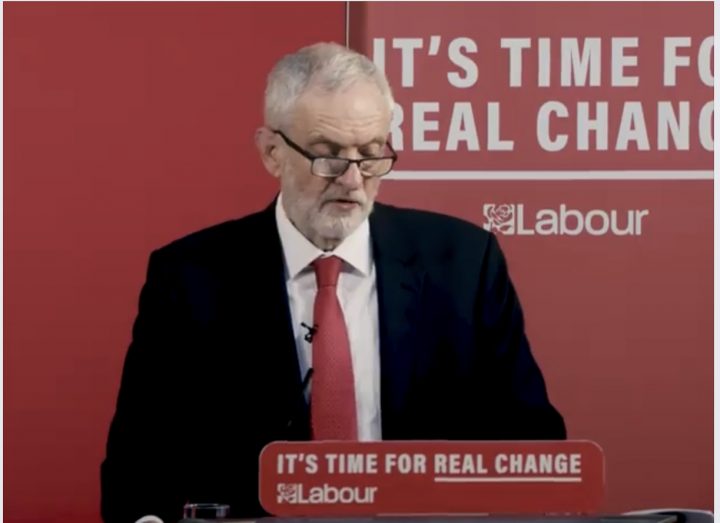During the UK election campaign the incumbent Prime Minister Boris Johnson has been criticised for repeatedly telling lies, and Labour leader Jeremy Corbyn for presenting an unrealistic set of economic policies. The latter criticism has now been debunked by a letter written to the Financial Times by 163 prominent economists who say “the party understands the nation’s deep-seated problems and has devised a “serious programme” for dealing with them. The letter published in the FT, says Labour’s plans to invest in homes, schools and infrastructure make “basic economic sense”, partly because borrowing costs are at a historic low.”
While some sections of the media have portrayed Jeremy Corbyn’s plans as radical, the 163 economists who signed the letter pointed out that a number of Labour’s proposals are considered orthodox in other wealthy social democratic countries.
Reversing the effects of prolonged austerity, low productivity and increasing inequality as well as investment in the Green Industrial revolution have been central to the Labour manifesto. It includes raising taxes for the top 5% of the population (those who saw their incomes greatly increased by the last 10 years of Conservative government whilst middle and low income families experienced a dramatic squeeze). There would be some borrowing and tax on speculative transactions, aka Tobin Tax, in order to finance the proposed investment.
Perhaps the highest priority at this point would be to re-fund the National Health Service, reverse the privatisation already taking place and protect it against US trade deals that would not only continue privatising but also ensure the price of medicines can be increased to the level in the US or higher.
Will the economists letter alter the negative perception by a large part of the population after years of smears and Corbyn bashing by the media, including the “neutral” BBC?
The FT is read by a selected minority and it is not likely that the most rabid anti-Corbyn media will report on the letter. Hopefully social media may go some way compensate for this.










